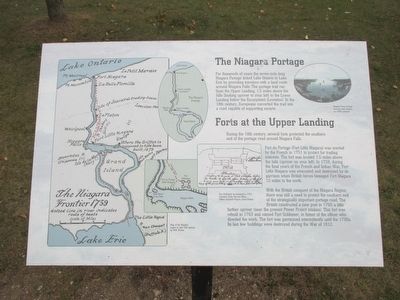Welcome to a piece of college football history! As you find yourself at the coordinates 30.289040, -97.740370, you’re standing in a place that serves as a tribute to one of the influential figures in college football coaching: Fred Akers. Although there isn’t a specific building or monument here, it’s an opportunity to reflect on a legacy that has undoubtedly left a mark on the University of Texas and the broader world of college football.
Fred Akers was born in Blytheville, Arkansas, in 1938, and his journey through the ranks of football coaching is nothing short of inspiring. He played college football at the University of Arkansas, where he was a halfback. His coaching career began in Texas high schools before he moved on to the college level. Akers was a significant figure at the University of Texas, where he served as the head coach from 1977 to 1986. Under his leadership, the Texas Longhorns achieved remarkable success.
One of the most notable moments in Akers’ career came in 1977, when he led the Texas Longhorns to an 11-0 regular season and a number one ranking in the polls before the Cotton Bowl. This was a time when the Longhorns were at the height of their prowess, and Akers was recognized for his ability to bring out the best in his players. His innovative strategies and charismatic leadership style made him a beloved figure among fans and players alike.
Throughout his tenure, Akers coached several players who would go on to have successful careers in the NFL. Among them was the legendary running back Earl Campbell, who won the Heisman Trophy in 1977. Campbell’s outstanding performance on the field was a testament to Akers’ skill in developing talent and creating a winning team dynamic.
Over the years, the location where you now stand has evolved, just as college football has. The excitement of game days, the roar of the crowd, and the thrill of victory are all part of the collective memory associated with Akers’ coaching era. Although the actual landscapes may change, the spirit of determination, sportsmanship, and excellence remain timeless.
Today, Fred Akers is remembered not just for his coaching records but for his contributions to the sport’s culture and community. His influence extended beyond the University of Texas, inspiring future generations of coaches and players to pursue greatness with integrity and passion. As you reflect on this, consider the broader historical context of college football—a sport that has become a cornerstone of American culture, bringing communities together and fostering a spirit of competition and camaraderie.
Fred Akers passed away in 2020, but his legacy lives on. His impact on the sport is celebrated by fans and historians who recognize the transformative role he played during a pivotal era for college football. As you continue your journey, remember that this location isn’t just a point on a map—it’s a testament to the enduring spirit of a coach who shaped the game in profound ways.


